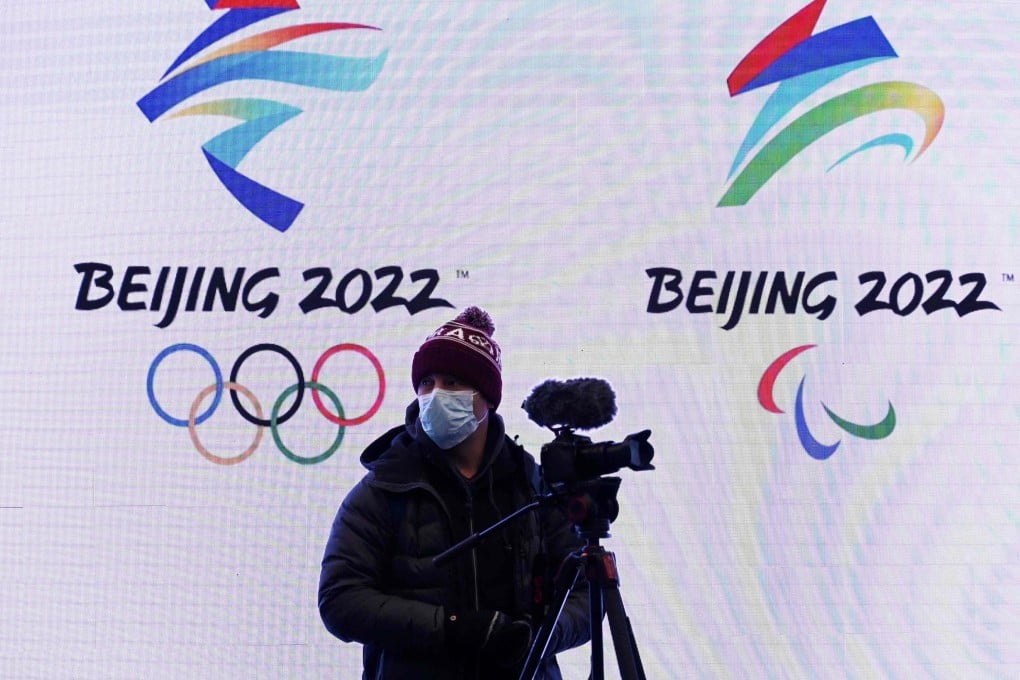Exclusive | US applies to China for 18 officials to attend Winter Olympics after Joe Biden declares diplomatic boycott
- US government applies for three-month visas for 18 personnel to provide ‘security support operations’ at Beijing Games
- Chinese and American governments have very different definitions of a diplomatic boycott, says source

The US government recently submitted to China an application for three-month visas with a list of 18 names to attend the Games to provide “security support operations”, according to two sources and a document reviewed by the South China Morning Post.
Of the 18 names on the list, 15 of the US personnel work for the State Department and one works for the Pentagon, said a source who requested anonymity. Most appear to be mid to lower ranking officials. The US indicated to Chinese officials it might submit applications for 40 more officials in the coming months.
It is not clear whether China will issue visas to the US officials, but a person briefed on the situation said the two governments had very different definitions of a diplomatic boycott.
Beijing considers a trip by 18 US officials as defeating the purpose of a boycott against the Games. Washington believes the listed people are not official representatives but rather will attend the Games for security and medical support.
